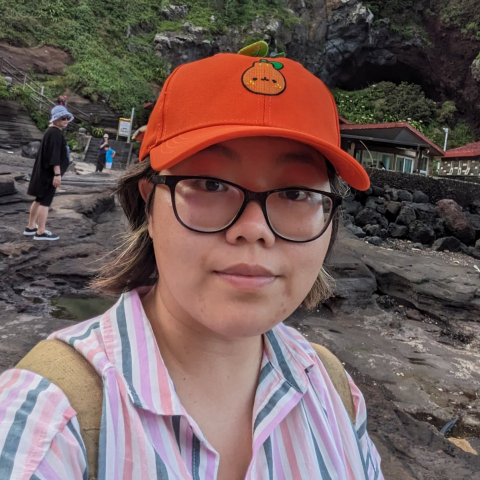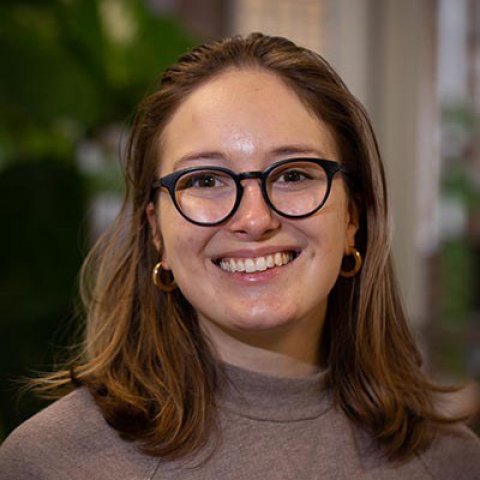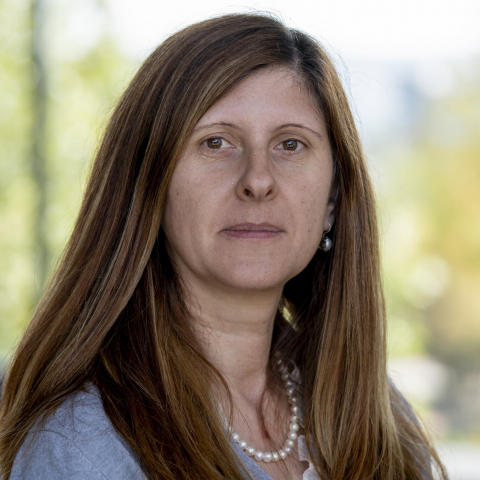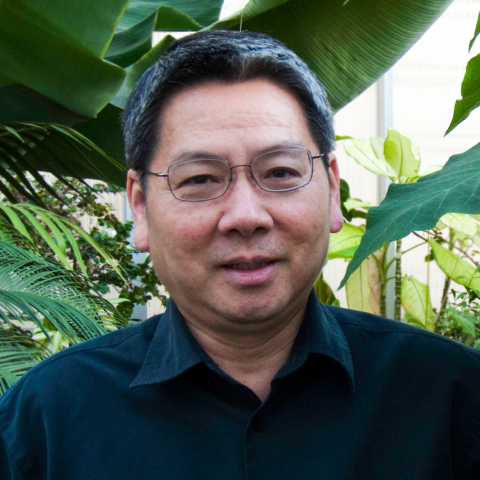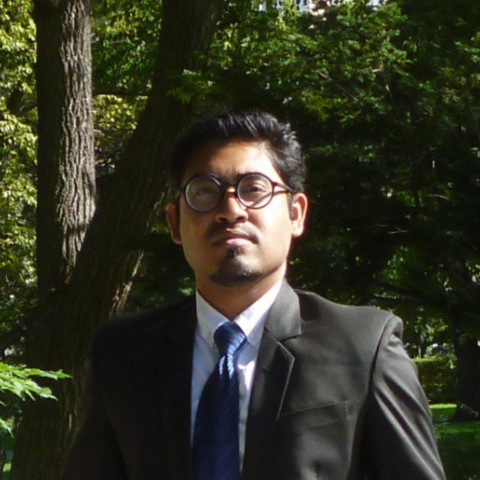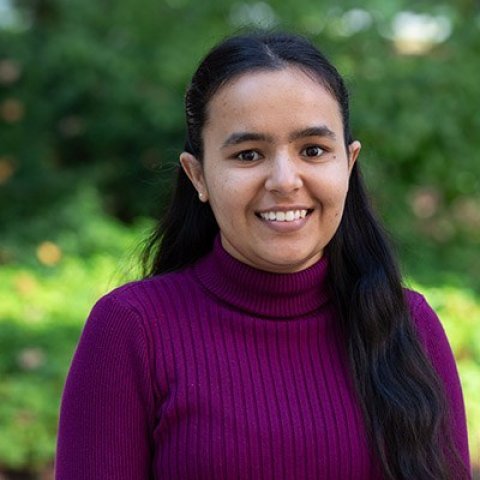Directory
Mahmut Kandemir
Professor of Computer Science
Optimizing compilers, runtime systems, mobile systems, embedded systems, I/O and high performance storage, non volatile processors and memory, and public cloud service
Rachel Kang
Biomedical Sciences Graduate Student
Understanding the mechanism by which APOE4 lowers the threshold for alcohol use to increase susceptibility to cognitive decline
Seogchan Kang
Professor of Plant Pathology & Environmental Microbiology
Genetic and cellular mechanisms underpinning plant-fungal interactions with Arabidopsis thaliana and Fusarium oxysporum as a model system. Molecular genetics and comparative genomics of fungal plant pathogens. Bioinformatics.
Camelia Kantor
Associate Director of Strategic Initiatives; Associate Research Professor
Camelia Kantor is a highly interdisciplinary geospatial researcher and integrator. Before joining Huck, her prior work involved HBCU teaching, research and training and national security related program assessment and management. Her research interests are at the intersection of geospatial, life sciences, and business. Since 2010, she has been a frequent speaker, conference lead, and academic program evaluator.
Teh-hui Kao
Chair, Intercollege Graduate Degree Program in Plant Biology; Distinguished Professor of Biochemistry and Molecular Biology
Molecular, biochemical, and structural bases of the S-RNase-based self-incompatibility system in flowering plants. F-box protein-mediated ubiquitination and degradation of proteins.
Vivek Kapur
Associate Director, Huck Institutes of the Life Sciences; Huck Distinguished Chair in Global Health; Professor of Microbiology and Infectious Diseases
The basic mechanisms by which pathogenic microbes successfully infect, colonize, and cause disease in their hosts.
Robab Katani
Assistant Research Professor of Global Health
Global health security, infectious diseases, and host-pathogen dynamics, as well as expertise in the enhancement of capabilities in the Low- and Middle-Income Countries, including Tanzania and India.
Center for Infectious Disease Dynamics
Rupinder Kaur
Assistant Research Professor
Uncovering the mechanism behind Wolbachia-induced drive system named Cytoplasmic Incompatibility (CI) that results in embryonic lethality when modified sperms from Wolbachia-infected males fertilize eggs from uninfected females. CI is currently at the forefront of approaches targeting pest populations and mosquito-borne viral diseases, and can also impact arthropod speciation.
Margot Kaye
Professor of Forest Ecology
Vegetation dynamics; global change ecology; interactions among vegetation, climate and human land use; dendrochronology; disturbance history; environmental change.
Jason Kaye
Chair, Intercollege Graduate Degree Program in Ecology; Professor of Soil Biogeochemistry
Ecosystem ecology; global change biology; biogeochemistry of nitrogen and carbon cycling in managed and unmanaged ecosystems.

